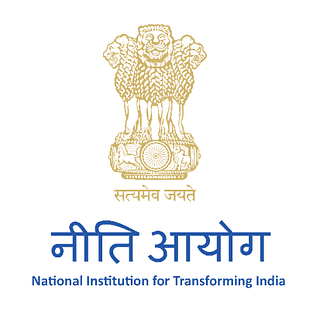
After over ten months of spade work the government can finally deploy funds from the Self-Employment and Talent Utilization (SETU) scheme and the Atal Innovation Mission (AIM) that were announced in the Union Budget for 2015-16 to promote startups and scientific research.
While the focus of AIM would be to invite aspiring entrepreneurs to solve India’s contemporary socio-economic problems via ‘grand challenges’ that offer substantial awards to incubate and scale up winning ideas, the resources of the SETU scheme would be devoted to strengthen the incubators and set up ‘tinkering labs’ where ideas can be shaped into prototypes before they are ripe for funding.
In order to oversee the allocation of funds under the schemes to line ministries an overarching supervisory body comprising of about ten members is being formed. Rs 1,000 crore had been allocated to the SETU scheme and Rs 150 crore for AIM by the Finance Minister Arun Jaitley.
The panel that is likely to be chaired by Niti Aayog vice chairman Arvind Panagariya would include secretaries from the departments of science and technology, biotechnology, industrial policy and promotion as well as the ministry of micro, small and medium enterprises.
The director of the South Asia Institute at Harvard University professor Tarun Khanna is also likely to be an external expert in the panel. Earlier on also he was appointed by the Aayog as chairperson of an expert panel on innovation and entrepreurship, which was also asked to advice on the ‘detailed contours’ of SETU and AIM.
According to a senior government official the Niti Aayog, which was entrusted with executing the two programs has worked out the broad modalities at a meeting between top officials from the Aayog and line ministries last Friday.
An official on condition of anonymity stated,” The pace of rolling out these schemes has been slow and ideally, we should have disbursed some funds from them by now. We hope to allocate funds for some projects before March.”
In order to make the support mechanism for budding entrepreneurs more robust, half of the funds under SETU would be earmarked for strengthening existing incubators in the country backed by different departments.
The official said that a similar lab already existed at the Indian Institute of Technology in Kanpur and further added,” The rest, Rs 500 crore, would be used for setting up tinkering labs, where students can literally potter about and create prototypes and models of their ideas with the ability to demonstrate basic functions.”
The idea behind posing social problems as a ‘grand challenge’ for aspiring startups under AIM is to make young graduates eyeing the startup space into thinking beyond the internet, e-commerce and mobile applications space.


 Follow us
Follow us













